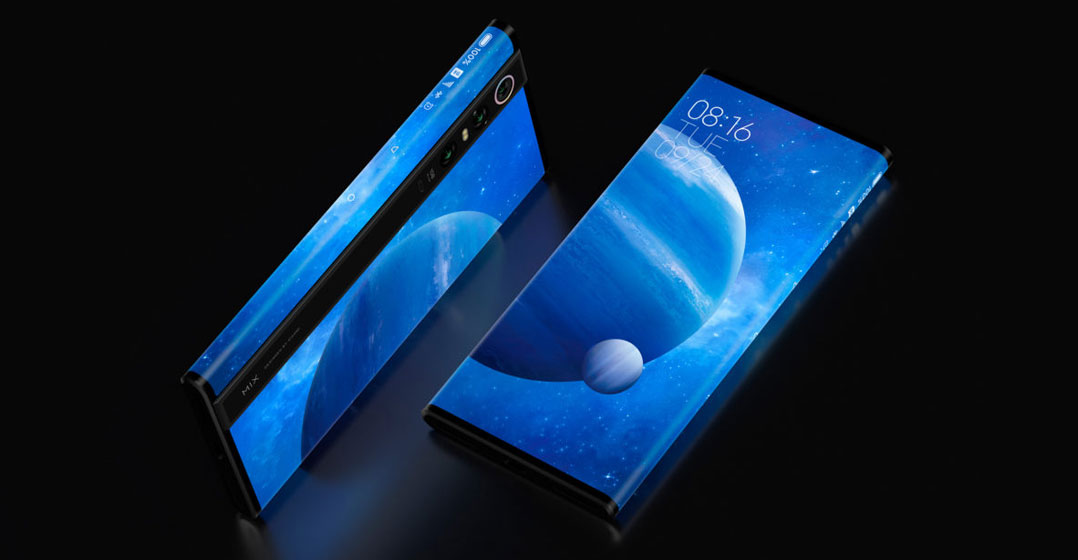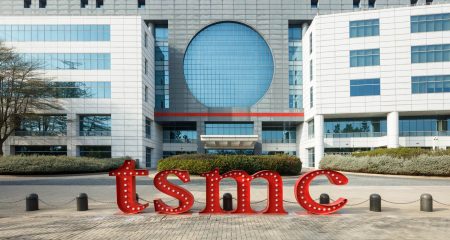 The Trump administration blacklisted Chinese smartphone maker Xiaomi and 10 other companies as it broadened efforts to undercut the expansion of the country’s technology sector. Xiaomi shares plunged.
The Trump administration blacklisted Chinese smartphone maker Xiaomi and 10 other companies as it broadened efforts to undercut the expansion of the country’s technology sector. Xiaomi shares plunged.
The US has targeted scores of Chinese companies for the stated purpose of protecting national security, but going after Xiaomi is a surprise. The Beijing-based company has been viewed as China’s answer to Apple, producing sleek smartphones that draw rabid fans with each new release. It also makes electric scooters, earphones and smart rice cookers.
Xiaomi was co-founded by billionaire entrepreneur Lei Jun about 10 years ago, with US chip maker Qualcomm as one of the earliest investors. A spokesperson for Xiaomi had no immediate comment.
The Trump administration’s blacklistings have focused on Chinese companies with military ties and strategic value to the industry’s growth. Semiconductor Manufacturing International Corp, China’s largest chip maker and critical to the country’s ability to build a self-sufficient tech industry, was included in December.
In the latest actions, the US defence and commerce departments released new targets just hours apart, in the waning days of Donald Trump’s presidency. In the defence list of nine companies, Xiaomi is joined by lower profile firms, including Luokong Technology, Gowin Semiconductor and Global Tone Communication Technology. Advanced Micro-Fabrication Equipment is publicly traded in the mainland.
More severe
The defence move identifying companies as having ties to the Chinese military means American investors will be prohibited from buying their securities.
The commerce department’s blacklisting is more severe and prohibits American firms from supplying those entities. Companies identified as threats are China National Offshore Oil, the nation’s main deepwater explorer, and Skyrizon, which develops military equipment.
Xiaomi’s ADRs tumbled more than 9% in US trading. Its primary listing is in Hong Kong.
Xiaomi surpassed Apple in smartphone sales in the third quarter, according to the International Data Corp. It joined Hong Kong’s Hang Seng Index in September after grabbing market share from Huawei Technologies as US sanctions on Huawei deepened. — (c) 2021 Bloomberg LP




